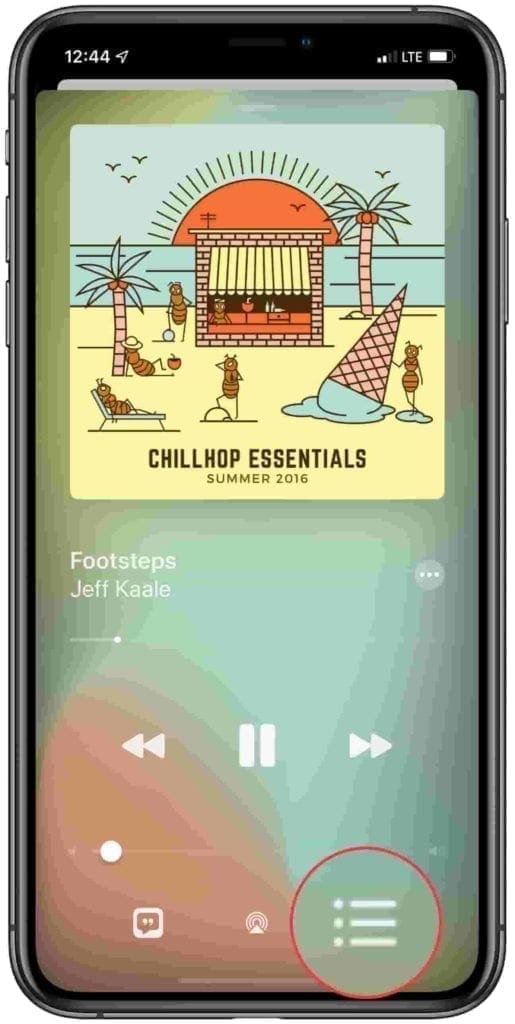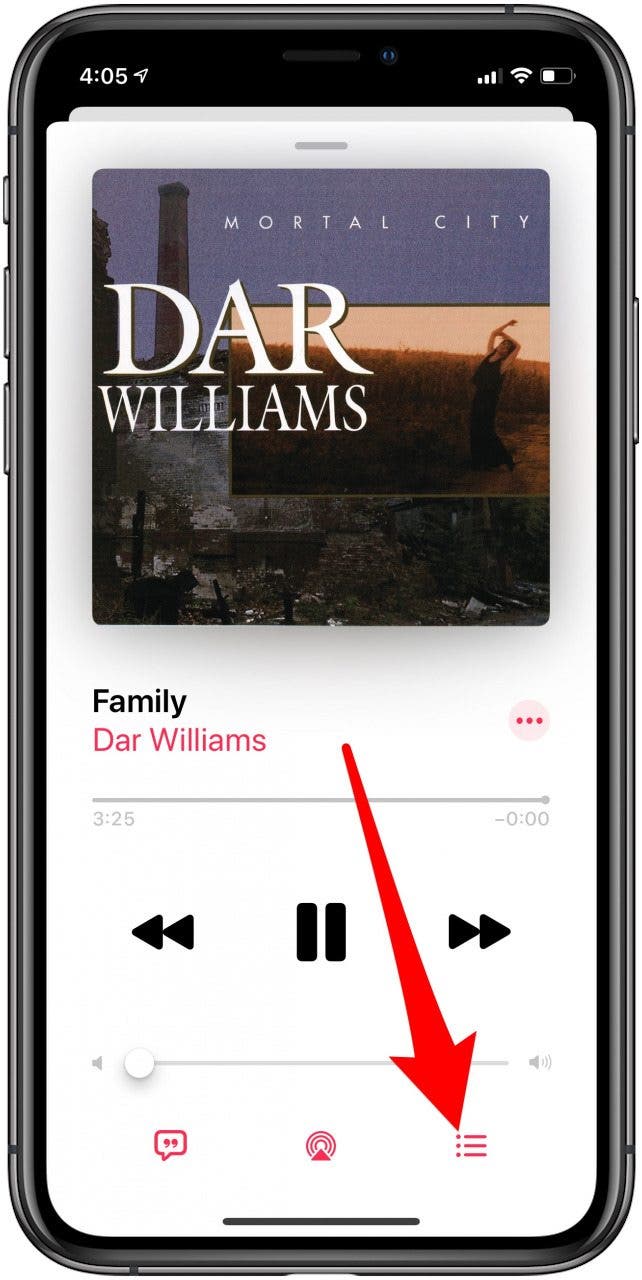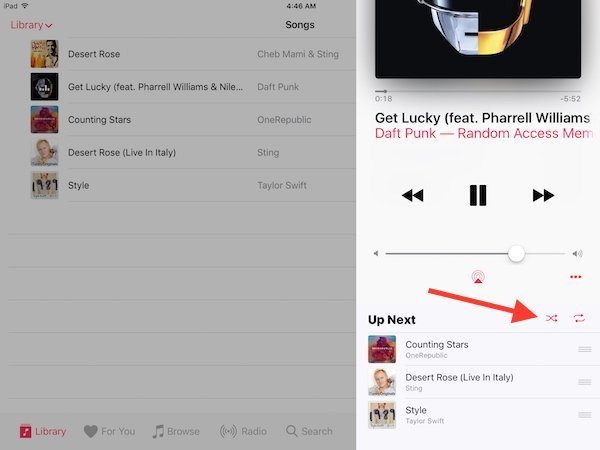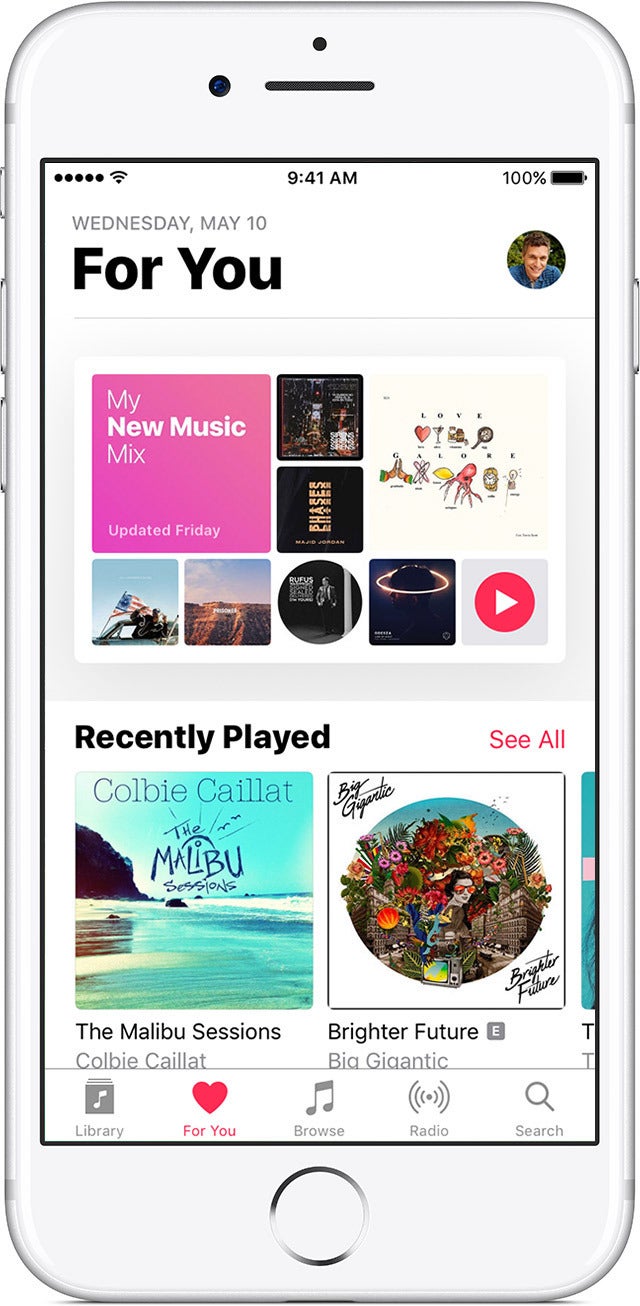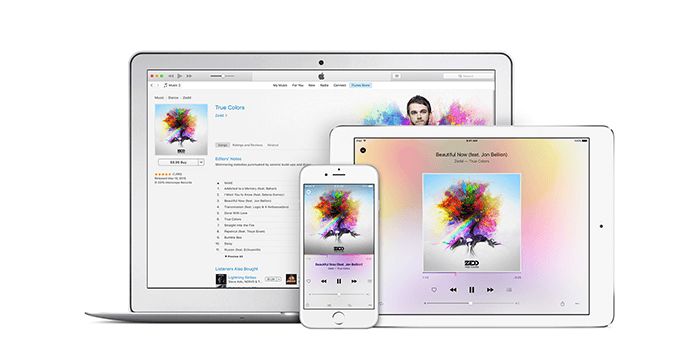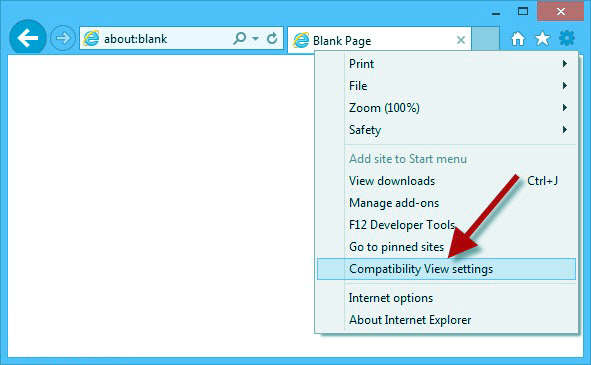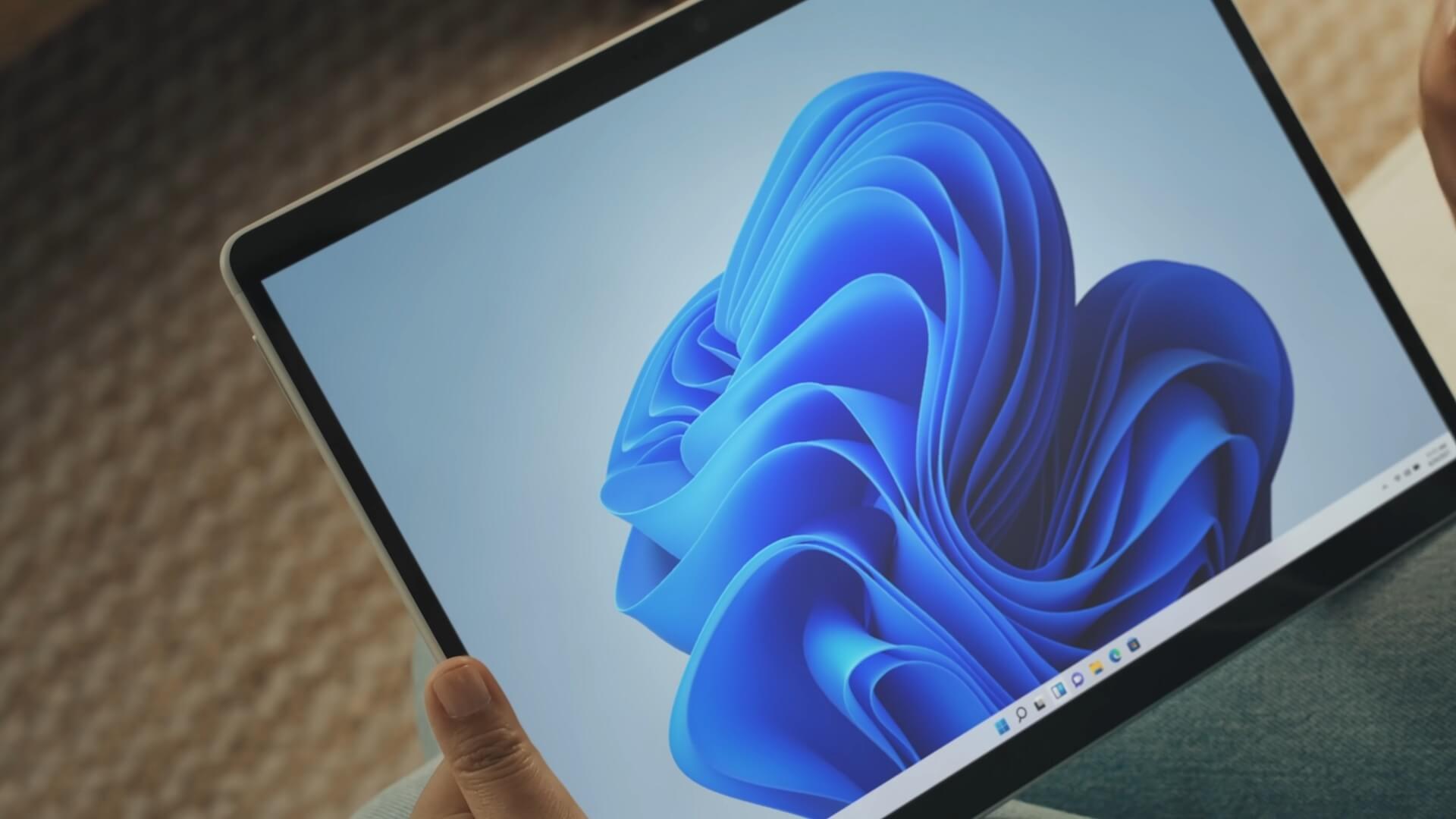Apple Music is among the hottest music streaming services right now, which comes with a massive music library and offers various subscription options to the users. It is available as the default music app for iOS devices, and also offers direct integration with the Mac ecosystem. And due to its string of features and various customization options, Apple Music has also gained huge popularity among Android users over the past few years. This is obviously due to the constant updates the platform has received since its launch. I only started listening to music in my early teen years — when I bought my first Android smartphone.
At first, I was using unofficial apps and services to build my local, offline library. Eventually, that became too much of a hassle, and I decided to give official music streaming services a go. Cloud-based libraries were significantly easier to manage, and the latest releases were instantly made available. As someone who used to mod his phone's software a lot, factory resetting my device made backing up and transferring local music libraries a hassle. Streaming services only require me to log in, and they restore all of my preferences, listening history, and playlists.
The Listen Now tab will provide playlists and song suggestions based on your listening history. You can tap on an item to start playback or simply ask Siri. Similarly, the Radio tab will provide you with access to hundreds of radio stations, both on-demand and live. Lastly, you can search for albums, artists, and music using the Search tab on your iPhone. Apple Music is a streaming service that offers users curated music collections, algorithmically generated playlists, and live radio.
Customers have access to all 70 million songs, music videos, and content for $9.99 per month for an individual, $14.99 per month for a family, or $4.99 per month for the Voice plan. The service competes directly with Spotify with its offerings, and has captured a significant portion of the streaming market in only a few years. When a song is playing, a "Now Playing" bar appears above the bottom navigation bar.
When viewed, the Now Playing section allows users to add a song to their library, download it to their device, and like or dislike the song to improve suggestions on the "Listen Now" tab. Other functions of the "Now Playing" section include the ability to control what music plays next and put songs on shuffle or repeat. Additionally, users can view live lyrics of the song they are listening to through the now playing card, which displays the song's lyrics live in sync with the time while it plays to the user. You can create a new Apple Music playlist to receive the songs or select an existing playlist.The free version only allows you to connect two music streaming services and it comes with some ads. If you only want to transfer a playlist between Apple Music and Spotify, the free version is good enough.
With the Apple Music Voice Plan, there is no option to add songs or albums to the Library, nor can you create playlists or save music for offline listening. In Apple's defense, its music service offers lossless audio and Spatial Audio at no additional cost. I especially love listening to Dolby Atmos songs with head tracking enabled.
Otherwise, both companies offer almost the same sets of main features that you'd expect from a music streaming app. Apple Music launched on June 30, 2015, in 100 countries. New users receive a three-month free trial subscription, which changes to a monthly fee after three months. A family plan allows six users to share a subscription at a reduced rate.
Apple originally sought to enter the market at a lower price point for the service, but the music industry rejected the plan. The service debuted as an updated Music app on the iOS 8.4 update. Apple TV and Android device support was planned for a "fall" 2015 launch.
A previously unreleased song by Pharrell Williams, entitled "Freedom", was used in promotional material and announced as an exclusive release on the launch of the service. The "History of Sound" advert for the launch of the Apple Music service was soundtracked by the tune There Is No Light by Wildbirds & Peacedrums, from their 2009 album The Snake. Upon its launch, Beats Music subscriptions and playlists were migrated to Apple Music, and the service was discontinued. So, that's how you can shuffle songs, playlists or albums in your Apple Music app. Though it took me a few days to get used to the changes, I have now slowly but steadily settled down with them. In terms of intuitiveness, I still find Spotify way better than Apple's music app.
However, I must say that the tech giant has vastly improved the app by getting rid of almost all the clutter that used to make the interface messed up. Anyway, let me know your favorite features in Apple Music and the music app that you think is by far the best across the platforms. Apple Music Voice Plan has a limited interface in the Apple Music app, but it does offer full access to Apple's song catalog and radio stations, as well as playlist suggestions. You can actually search for artists, albums, and songs using the Apple Music app, and you can listen to previews of songs, but not the full song. If you find a song in Apple Music that you want to play after hearing the preview from tapping it, you'll need to ask Siri to play the full version.
Each artist page includes a profile banner and a "Play" button which automatically creates a radio station based around the artist. Artist pages also include sections for their featured releases, albums, singles, top songs, and background information. Apple Music users can create their own profile on the service, thus allowing them to follow other users and see what music their followers are listening to. The infinity symbol (∞) is used in the Apple Music to represent the recently added Autoplay function in the app.
So, if you have an infinity symbol active on the screen, it simply indicates that the autoplay feature is turned on. With the feature enabled, the app endlessly streams all of your music starting with the songs queued on the service and even all the albums. Once all the songs are finished playing, the app will play similar songs that are based on the music available in your library.
Users should note that the Autoplay feature will be automatically enabled on the app. Apple Music has introduced a new feature dubbed Apple Music Replay. It provides users with a look at their listening history from 2019.
How To Repeat Song On Apple Music It allows users to see things like how many albums has their music library been curated from, which songs have they heard on repeat, which is their most heard song and more. Just like the iOS app, Now Mac Users have a new dedicated app for play or manage music that locally saved on Mac or Playing an online song from Apple Music subscription service. Repeat the same song or album is quite handy while we are playing our favorite music on Mac. Here's the option for repeat songs on the music app on Mac. Apple Music's major redesign in iOS 10 received more positive reviews. Jordan Novet of VentureBeat wrote positively about the changes, stating "Apple has improved the overall design, as well as the experience".
Apple Music is a paid music streaming service that offers over 60 million songs, ad-free. Despite this huge library of songs, there's an ongoingApple Music vs. Spotify debate over which music streaming service is more versatile. Now, with iOS 14, Apple Music is adding features like Autoplay that make it more user friendly and well rounded. So, what does Autoplay mean, and how do you turn on Autoplay and turn off Autoplay in the Apple Music app? Autoplay Mode, designated by an infinity (∞) symbol, has been added to allow users to stream music endlessly. First, the Music app will play all queued songs, albums, and playlists.
Once finished, it will play music based on music in your library and playlists, similar to an existing Spotify feature. Apple launched a new "Shared With You" feature with iOS 15 that lets you share music with friends via the Message app. You can also "pin" these songs in Messages — just tap the Pin button — which is very useful in group texts. Among the criticism, reviewers wrote that the user interface was "not intuitive", and an "embarrassing and confusing mess". However, the service was praised for its smart functions. Then tap the now playing button at the bottom of the screen.
In Step 2 you will tap the three-line icon in the bottom right corner and then tap the icon to the right of Up Next. You can repeat an album or playlist by tapping the repeat icon once, or you can repeat a song by tapping it twice. Shuffle is a mode that you can use to listen to songs in a randomized order, which will sometimes give you more surprise than using other playback modes.
You are able to use shuffle mode for music playback on Spotify, Apple Music, and more streaming music services. Additionally, Spotify's Mac app is smoother than Apple's — in my opinion. The Cupertino giant recently revamped the Music app on macOS, but it still is clunky, glitchy, and sometimes it literally crashes completely. And don't get me started on the search field that often requires me to delete and retype to display results. I don't get why Apple doesn't seriously invest some of its unlimited resources to properly update the music apps across its operating systems. Apple doesn't offer a free plan, so all of its users are paid.
You'd think that's a motivator to focus on releasing a solid product in a field you're trying to dominate — but apparently not. ICloud Music Library has also been reported to delete music from users' local storage, though this has been disputed by other publications as caused by user error or another application. Additionally, the feature was reported to have replaced uploaded content with a version locked with digital rights management. In July 2016, Apple switched the matching technology to incorporate features identical to iTunes Match, specifically the use of "audio fingerprints" to scan sound data. The new technology also removed DRM from downloaded matched songs. Morris emphasized several times that he prefers paid streaming as opposed to ad-supported, from a financial perspective.
Used by over 40 million fans, Apple Music is undoubtedly one of the most popular music apps in the world. But this fact does not make it the best one necessarily. The truth is that it can be problematic once in a while. Recently users of iPhone 12/11/XS/X/8/8 Plus/7/7 Plus/6/6s/6s Plus/5s/SE, iPad, or iPod reported about the problems they encountered in using Apple Music after updating their devices to iOS 15. Among those Apple Music issues, Apple Music not working after iOS 15 update is one of them, along with Apple Music freezing, radio stations not working, Apple Music crashing on iOS 15/14, etc.
If you have ever been bothered by the above problems as well as others, this article may help you find the easy fixes. While listening to a song on your album or playlist, tap the icon at the bottom of the player screen. Doing so will expand the section and allow you to view which songs or videos will be playing next. The Apple Music app uses an infinity symbol icon to represent the Autoplay feature. Autoplay is now automatically enabled, so Apple Music will play all your queued playlists, albums, and songs, then continue playing music similar to the songs you selected, indefinitely.
Following its acquisition of the classical music service Primephonic earlier this year, Apple's work on a new music app dedicated to classical music is ongoing, a recent job listing indicates. Earlier this year, Apple announced that it had purchased the classical music streaming service Primephonic and would be folding it into Apple Music. Along with the Autoplay feature, there were plenty of new additions in Apple Music with the iOS 14 update. One of the biggest highlights is the new design which came with a highly personalized Listen Now tab for users. Another major addition is the 'Recently Played' widget which gives access to recently played albums and playlists.
You can turn off this automatic following and manage the artists that you follow on Connect. Open your Music profile by tapping the profile icon in the ipper left corner. Then select "Following" to view a list of the artists on your Following list. If you wish to remove an artist, simply tap the "Unfollow" button next to the musician's name.
You also can turn off automatic following using the toggle at the top of the screen. When you have synchronized the iCloud music library and apple music with your devices, it is very easy and possible to access all your songs once you sign in any of your devices in apple music. It's hard to pinpoint what I miss the most about Spotify. However, its music discovery algorithm is one of the first things that crosses my mind. After using the service for a while, the algorithm learns exactly which kinds of music click your buttons. In fact, it knows your taste better than you do — and this isn't an exaggeration, at least in my case.
I used to look forward to checking my Discover Weekly playlist every Monday, and I would end up adding almost all recommended songs to my library. The best part is that it surfaces little-known gems by artists that you probably have never heard of. So it exposes you to the type of music that you're unlikely to hear on the radio or at your friends' house parties but would have appreciated.
After running the program on the computer, you will see it will load iTunes playlists in the main interface of program. Click on Library and select the Apple music that you need to convert. You can choose a few songs even the whole music library as this program supports batch conversion. Open Apple MusicSwipe up from the bottomTap;Your songs will be shuffledIf you are looking at an overview of a playlist or album, you will want to tap Shuffle All to mix things up.
Beats 1, Apple Music's 24/7 live radio station, is also one of the service's unique features. It features songs curated by DJs along with a multitude of special shows, sometimes created by artists. The Now Playing screen shows the song, album, or playlist you're listening to. You can enjoy the "lyrics view", AirPlay your song using your speaker, Apple TV, Smart TV, wireless headphones, and see what will play next. In this section you can "Shuffle," turn "Repeat" on, and toggle the "Infinite" button, to keep playing similar songs after a playlist or album is over.
Beats 1, Apple Music's 24/7 live radio station, is also one of the service's unique features. If you'd like to turn on repeat without using voice commands, you have more steps ahead. You can repeat a single song or an entire playlist or album. First, open the Music app and then tap on the song that's playing near the bottom of the screen.
Apple Music works phenomenally well on the iPhone, but it isn't immune from issues. Rarely, you may run into instances with the audio pausing randomly. That can happen while streaming music or playing songs you've downloaded for offline listening.
Apple has tweaked several things in the stock music app including the location of shuffle and repeat buttons. Even though these frequently used buttons are still easy to discover, I couldn't spot them quickly during my initial interaction with the Apple Music app in the latest iteration of iOS. And I guess, I'm not alone to have found their new location slightly under the wraps. If you also have no idea how to shuffle or repeat songs in Apple Music app in iOS 13, let me show you how to get it done.
